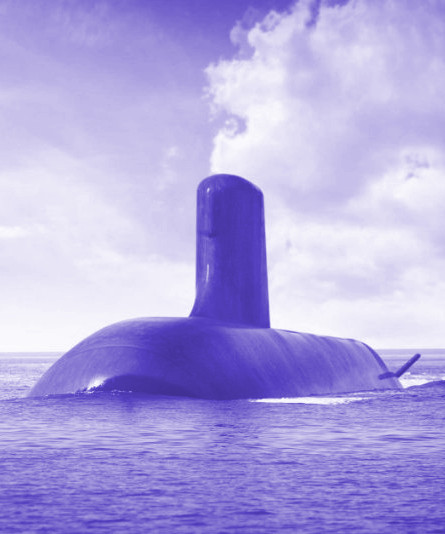Sub staff studied
 For people locked down around Australia, there may be some lessons to learn from submariners.
For people locked down around Australia, there may be some lessons to learn from submariners.
Confined space is something that submarine personnel know only too well. So too is artificial light, keeping an unusual schedule and being away from family and friends.
Both being in quarantine or a submarine are challenging environments, but life in a submarine – at depths of up to 200 metres – is also secretive, often dangerous, and its occupants can go for months without sunlight.
The work requires a lot of co-ordination, life-and-death decisions, sustained attention, high levels of teamwork and – at times – can be excruciatingly monotonous.
University of South Australia (UniSA) sleep researchers have been examining how submarine environments could impact fatigue and if there is an ideal sleep-work pattern and environment.
“Across all maritime environments, what you see is around-the-clock, watch keeping schedules. It is a unique type of shift work, where people have to be very vigilant for long periods of at a time, even in non-combat situations,” says Professor Siobhan Banks.
“This requires high cognitive demand and often involves working through their own biological low in terms of alertness.”
Performing monotonous tasks is a different type of stress and submarine personnel often have to shift from high pressure tasks to monotonous tasks.
Factor in the isolation, the distance from family and friends, sharing confined spaces, and sleeping at unusual times and the result is invariably sleep deprivation.
“Lack of sleep not only affects submarine workers in terms of their work, but also psychologically,” Prof Banks says.
“Fatigue can lead to impaired cognitive function and mood disturbance, putting both the employer and worker at risk.”
The researchers are working on an optimal work-rest framework for submarine teams that can be extrapolated to other workplaces, including control room operators and emergency services personnel.







 Print
Print